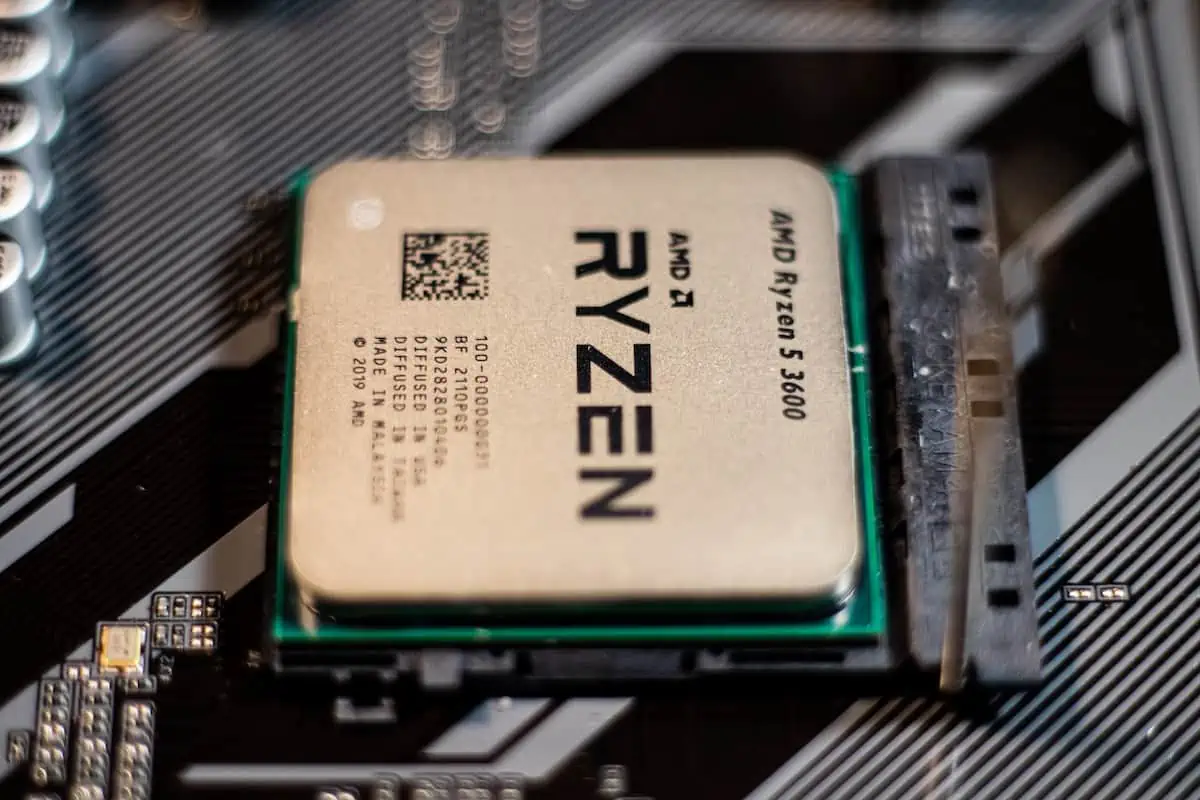In the space of a generation, the gaming industry has grown from a niche hobby for “gaming geeks” to a mainstream entertainment industry that generates about $200 billion per year. That is a figure that is predicted to exceed half a trillion dollars by the end of the decade, with growth in the US expected to be particularly pronounced.
Like any industry, the gaming sector faces its own unique set of supply chain challenges. What sets it apart, however, is how rapidly those challenges can change and mutate. This is partly due to the growth of the market, but more to do with its constant evolution, as the US gaming industry tends to operate at the cutting edge of technological innovation.
Rapid evolution constantly moves the goalposts
The first step in adequately managing a supply chain is understanding it. This first hurdle can, in itself, be a difficult one to negotiate in the games sector. At its most rudimentary, it looks like this:
- Identification of suppliers – including hardware, software, storage, coders
- Procurement
- Production and assembly – eg DVD/blu-ray, packaging, cloud-based
- Retail distribution – including warehousing, distribution, online sales / downloads, returns management
Today, however, it is worth noting that more than 50 percent of gaming revenue derives from mobile gaming. This removes most of the physical aspects from the supply chain, and blurs the borders between the other stages. At the same time, the traditional console sector is far from obsolete, so there is still a conventional supply chain involving physical games on discs to be managed.
Chip shortages increase costs and incur delays
Speaking of traditional consoles, both the Sony PlayStation 5 and Microsoft’s Xbox use chips from a single supplier, AMD. Ever since the events of 2020, availability of AMD chips has struggled to meet demand. Almost three years on, the dust has almost settled, although availability of some products is still scarce.

Interestingly, the CEO of AMD recently told reporters that there was never a supply chain problem of any significance. Dr Lisa Su explained that AMD had been deliberately undershipping, and while this had stretched availability at the point of distribution, it meant that AMD always had inventory on hand to deal with any desperate issues that might arise.
Online crossword games and supply chain
The rise of online crossword games marks another radical transformation in gaming and its supply chain. Unlike traditional and mobile gaming, which typically exist in physical form, these digital-first titles primarily reside online, simplifying their supply chain considerably.
While development remains crucial, needing experienced programmers, designers, lexicographers to produce engaging crossword puzzles quickly. Once the game is built its distribution model often bypasses many traditional channels altogether.
Casinos double down on web-based services
When it comes to the casino gaming sector, you can take everything we have said about technological advances and the competitive marketplace and double it. Online casinos are the platform of choice among younger players, who prefer the convenience, speed of payouts and wide choice of games. Legit Gambling Sites shows just how wide a choice there is. Meanwhile, older gamblers in the US still prefer the atmosphere of a physical casino.
Many US casino operators juggle both. In this way, we can see that casino operators have plenty to think about, just as much as those games companies straddling both the physical games console market and app downloads or cloud-based gaming.
A specific issue that casino businesses have seen over recent months has once again centered around procurement of chips – this time for the bill validators that are attached to every slot machine to identify the cash or vouchers that a player inserts and convert them into credits.
It has led to a significant backlog in new machine deliveries to casinos across the US, and a renewed focus on online services in applicable states. Despite that, however, the new $500 million Sky River casino in California was able to open its doors on schedule last August by exploring different supply chain solutions.
For example, 100,000 square feet of carpeting were delivered by air freight from the UK to avoid port delays, and the company bought a job lot of second hand gaming equipment to hold as a backup in case any items were delayed.
Regulatory complications limit supply chain options
Across most sectors, if there are issues finding a specific component, such as the chips used in gaming consoles and slot machines, manufacturers or distributors simply look for alternatives.
That is not so easy in the gaming industry, as Jon Jayal, CEO of hardware manufacturer Quixant plc explained. He said: “The gaming regulatory requirements require a very fixed, defined set of components to be used in their machines deployed into the major global gaming jurisdictions.”
He went on to say that it is vital for key industry players to work closely with regulators to find viable workarounds for supply chain issues before they can have a material impact.
Cover Image by Freepik.

